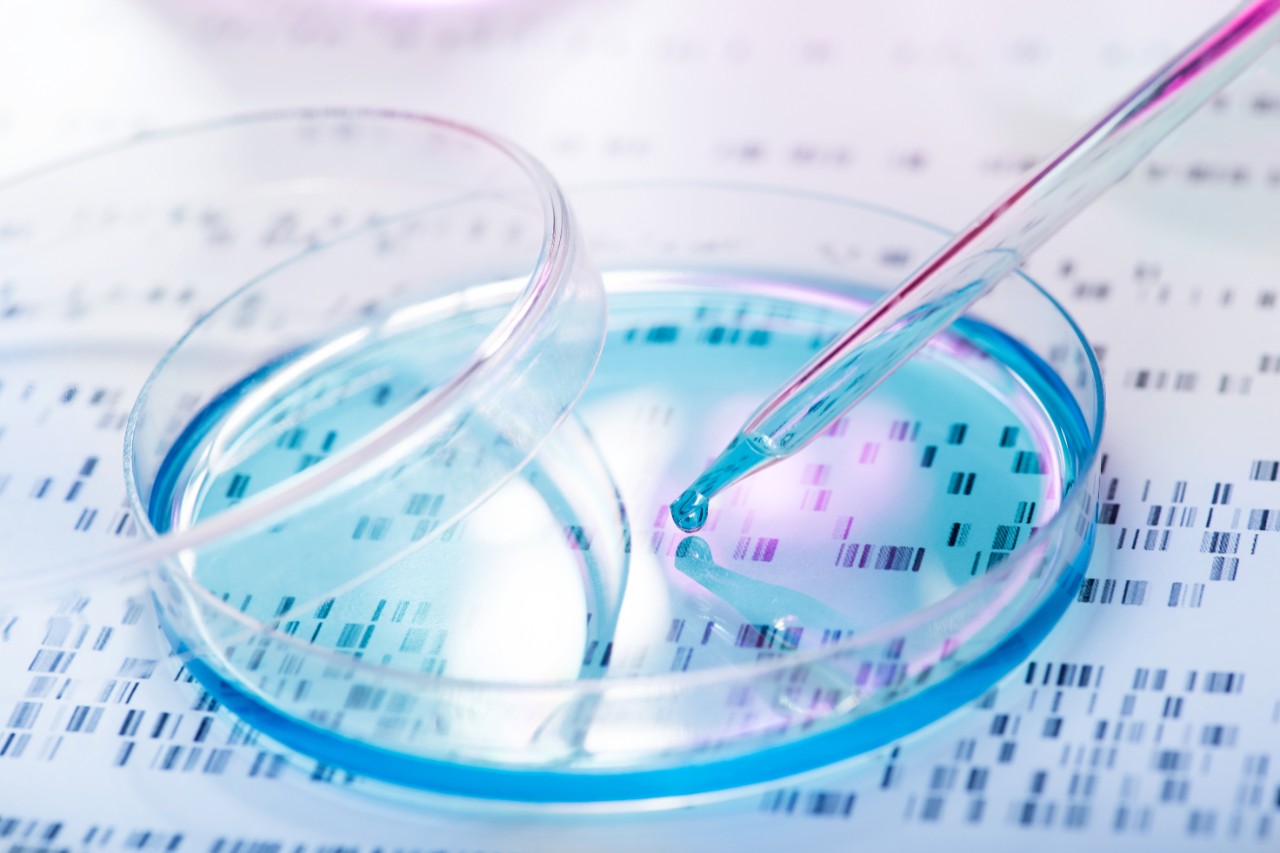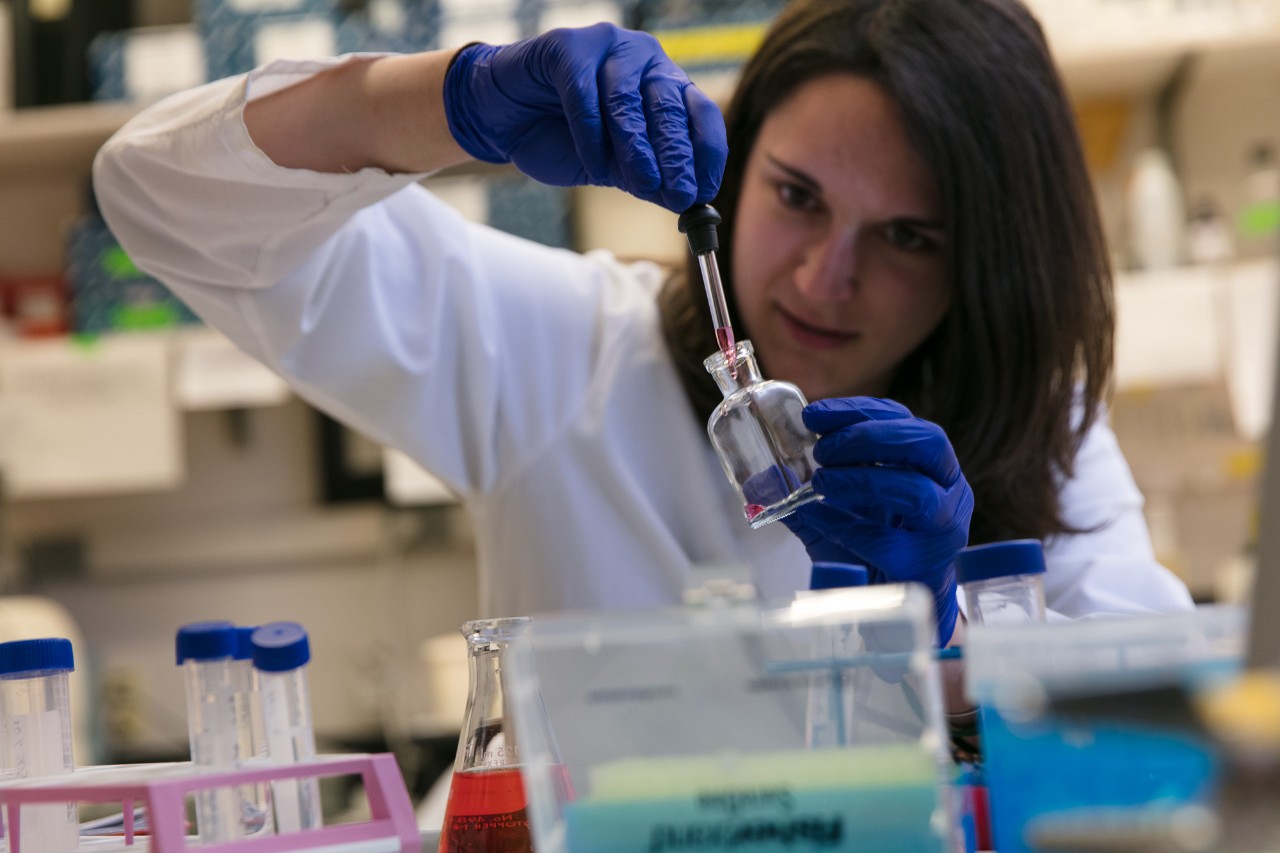Our mission is to serve as a core resource to Thomas Jefferson University researchers and clinicians seeking to utilize stem cell technology to model diseases in-the-dish, high throughput testing, and personalized therapeutics in the clinic.
Our vision is that patient-specific disease modeling with iPS cells will enable researchers and clinicians to study disease mechanisms and “personalize” the way we treat neurodegenerative diseases.
We Strive to:
- Provide iPS cell capability at Thomas Jefferson University.
- Create a human neurological/neurodegenerative disease iPS cell repository to increase access to stem cell lines for all researchers and accelerate the pace of translational stem cell research.
- Propagate patient-derived iPS cell lines and develop protocols to differentiate stem cells into cell types relevant for laboratory study and clinical therapeutics.
- Educate researchers through pre-recorded videos and one-on-one training to allow researchers to differentiate stem cells in their own laboratories.


